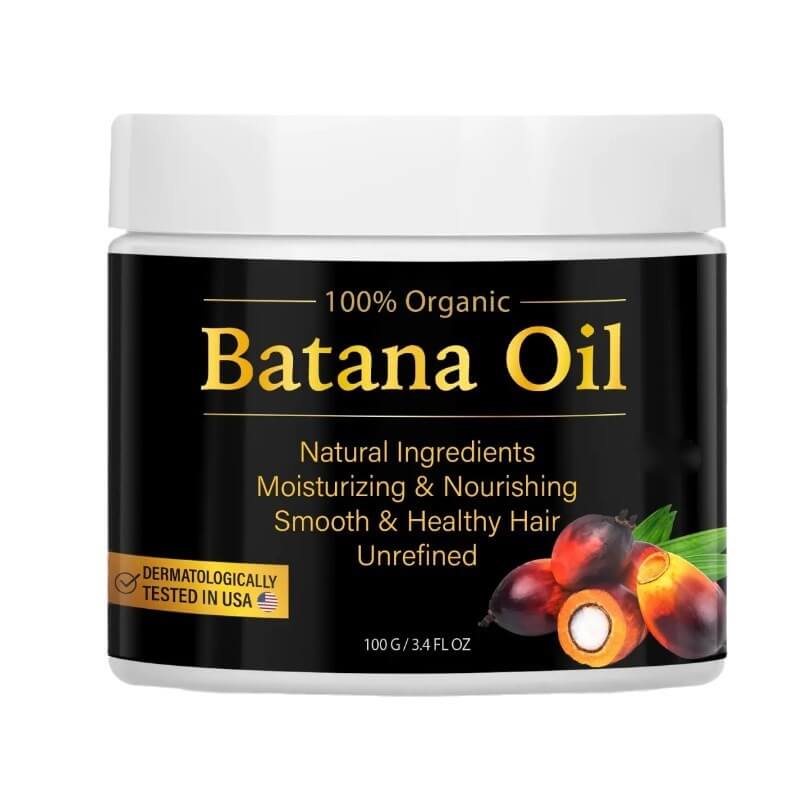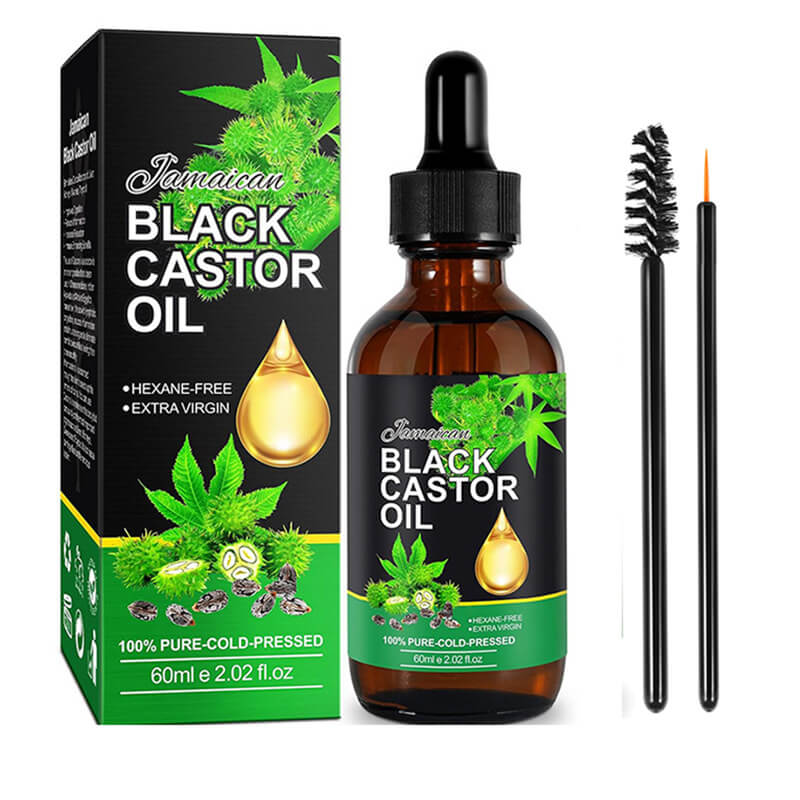In the last post, we have discussed 11 common mistakes importers and buyers could make. We’ll continue in this second part of the China sourcing mistakes series.
Category D: Working With Suppliers

12.Samples
12.1 Fail to ask for a sample before mass production
There are various samples types. If your order will be in bulk, it is quite necessary to get an actual sample for evaluation. You can check the sample’s processing craft, quality, color, size, features, functions, and performance by real tests on the sample.
A sample is one of the best ways to avoid misunderstanding with your supplier about what the product you want it to be produced as.
A quick tip:
Be sure to check with your manufacturer for the sample shipping fee details. Some manufacturers may think it will be a chance to display more of their product samples, and they may send some extra other item samples or categories to you together with the sample you ask.
If those items are not to your interest, it could generate unnecessary extra shipping cost and tax etc or other troublesome in receiving the sample. Let the manufacturer show online other items if they want.
12.2 Request free samples too casually

It could be a little complex to apply to the higher level for small expenses to pay a manufacturer in China or other internal procedure in your company. Or you may think the manufacturer should know how to invest to win your order. So here comes the request for free samples.
In the factory’s sales perspective, what’s it like?
a), They may feel you are coming just for free samples without serious business. They’ll have such a feeling, especially if you fail to well present your company and business requests.
b), it’s kind of putting them on the spot. The sample fee is not very little and the company has the rule of not giving free samples.
In some cases, it could involve in high cost of molding which drives the manufacturer to say no to you firmly.
What are some common cases that suppliers give free samples?
- You are a regular buyer instead of a new client
- The product per unit cost almost nothing
- Well present your company, request, and prospect
What is suggested?
1. Weigh the costs (a sample cost, sample freight cost, molding cost if generated) and discuss with the factory. If you want an all free sample or share the costs with them, try to explain why and show your seriousness.
2. Ask for pay-back for the sampling cost in your official order. (Most manufacturers are now offering this to buyers)
13.100% communication via online channels

Lot’s of communication happens via email and instant chat tools. Online communication is cold. You don’t know how the potential suppliers react, what their expression is like and how they talk in real life. If you want to work with the supplier, more contacts are necessary like phone talk, video meetings or face to face meetings on-site.
It’s beneficial to your supplier verification and selection and developing a relationship with your supplier.
14.Fail to write down all necessary details on the documents
There are many important details that you need to get done, like product specifications, packaging requirement, quality standard, service terms, company account, and on and on. The core purpose is to make clear everything on paper that’s legally effective in case of any dispute.

15. Place an order disregarding the language barrier
If your Chinese manufacturer and you are saying different languages, it’s really hard to make sure everything is understood 100% correctly by each party. Even both parties are speaking the same language (English for example), there could be little misunderstanding time and again. It’s because most Chinese sales speak English but as a second language.
You might have the access to direct manufacturers (via 1688 or other directories that Chinese factories converge), yet the factories don’t export themselves and don’t have sales who can speak English. You want to cut out all third parties and middlemen for lower import expenses. As a result, you may use a translation tool to talk business with the factory.
What would happen if two parties are talking about different things but they think it’s the same thing? It’s especially difficult to get the correct meaning for product specification terms as the translation tool can’t interpret 100% right.
A little investment on trustworthy language assistance to make sure everything clear V.S. Risking doing all by yourself and the possibility to receive products that are not what you expected (or even worse results like being ripped off or scammed ) — which one would you choose?
16. Wait for a perfect supplier
You want a supplier to provide the best quality, pricing, service, lead time, payment term, trade term and on, expecting the entire cooperation process to be 100% smoothly without any accident or mistake. You wait and wait for a perfect supplier to come whereas your competitors have already grabbed 80% market.
When you finally decide to catch the market, the trend already passes. There is actually no such thing as a perfect supplier. Problems will happen during your cooperation with suppliers, no matter small or big. We advocate the pursuit of the best fit vendor that can right match your business requests.
To find the “best”(best fit) suppliers, you will need to educate them and there is going to be a running-in period. Some suppliers that don’t well fit will be filtered out. Some will learn how to match and stay.
17.Request to be an exclusive agency without preparation
You want to have the exclusive selling rights and request to be your vendor’s exclusive seller in the xxx area or some parts of the country or even the whole country. But you get a NO from your vendor.
The common reason to request to sign an exclusive agreement with vendors?
You may notice your vendor supply the same product items to other clients in the same area where you are selling. It’s because your products have very good sales, your competitors in the same market area find your vendor for supplies and carve up the market.
It means that your previous investment of time, money for marketing and promotion is literally done for your competitors.
Why would your vendor say NO to you?
Rights and duties are equal. Suppliers won’t give whatever clients ask. If you want to sell exclusively, your vendor will want more orders for exchange. Ask your supplier to give up their other order profits is basically against the business nature in their perspective.
As a result, if you want a positive answer from your vendor, you have to show your order plan, strategic marketing, and potential. Give your supplier a reason to say YES to you.
18.Being a too nice/easy buyer
If you are way too nice when dealing with suppliers, chances are that you will be ripped off. You need to ask more from your supplier whenever possible and negotiate with them to reach an agreement. Both parties will have to compromise at some points to make a deal.
Know more about how to negotiate with your suppliers here. The negotiation could happen before and after you work with your vendor. Why and what is “after”? The “after” refers to you becoming an actual client.
Many clients import from the same Chinese manufacturer for years with the same “cooperation system”. Actually, it’s viable to try to negotiate better terms for your continued orders. It’s about supply chain management tactic and strategy, avoiding any chance for the supplier to be lax on your orders.
Category E: Quality Control

19.Fail to follow up your orders
Figuring out all the previous tasks before placing an order with your Chinese supplier is a lot of work. Finally, you find a nice Chinese factory who offers reasonable pricing, delivery time and service terms. You think you can finally have them produce your products in China.
After the advance payment, it’s considered to be the factory’s job to manufacture and follow up your order. You feel like a sign of relief and relax a bit in the coming days during the mass production.
25 days later (5 days prior to the agreed lead time), you ask your Chinese vendor the shipping date for your cargoes. What could happen?
Result 1: The factory says the raw material was in short supply. They finally got all raw material ready for your order last week and the production just got started…
Result 2: The production will be completed in one week, yet there’s a little part of the product a bit different from your design drawing. Please don’t worry about it because it won’t affect the product’s functions…
Result 3…
Similar issues happen a lot in international import and export business transactions. The basic and core purpose to follow up your order is to avoid any chance of problems to happen and be informed too late that you can’t find a way to even deal with it before shipping your goods out from China.
Do follow up your order after payment or at least have your people or a third party (e.g. Chinese sourcing agent) to handle the on-site work for you.
20.Fail to inspect your products
The goal to inspect your goods is similar as just mentioned above – to avoid being the last person to know the issue before shipping and you can take actions to stop loss.

There are typically 4 optional inspection types:
Pre-Production Inspections
During Production Inspections
Post Production Inspections
Pre-Shipment & Loading Inspections
If sub-quality products are there but not discovered, after you receive the goods, it’s much more difficult to get compensation from your supplier. Has the quality inspection done so that no defects will be shipping out to you?
Many buyers are not quite sure about quality for products to produce in China. Actually, there are bad suppliers and also wonderful suppliers in China (actually, this is true for global suppliers.) A suggested practice to ensure your product quality is to build up your quality system. A quality system can specify in
I. Agreed quality standards and specifications written with details on paperwork
II. Traceable during the entire cooperation process
III. Partner with related companies for corresponding quality control work (Chinese sourcing agents, quality inspection companies etc)
… …
Continue reading the other two parts of this China sourcing mistakes series:
29 Costly Mistakes You Must Avoid in China Sourcing – 1
29 Costly Mistakes You Must Avoid in China Sourcing – 3
Related Posts
- Pre-Order Checklist To Avoid You Making Losses
- Don’t let Chinese holidays 2017 delay your goods!
- How to Negotiate with Suppliers[Infographic]
- How to get suppliers to respond to my inquiries?
- How to find the best suppliers in China?
- Source from a Chinese trading company, sourcing company or manufacturer by yourself?




